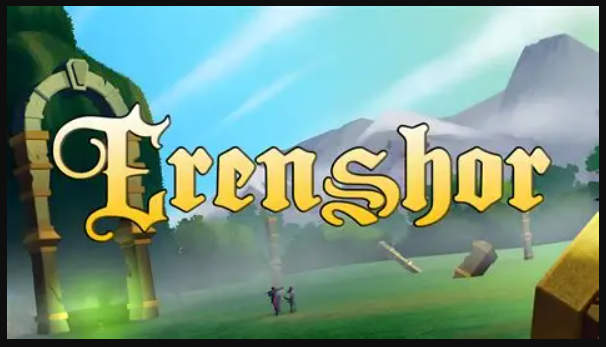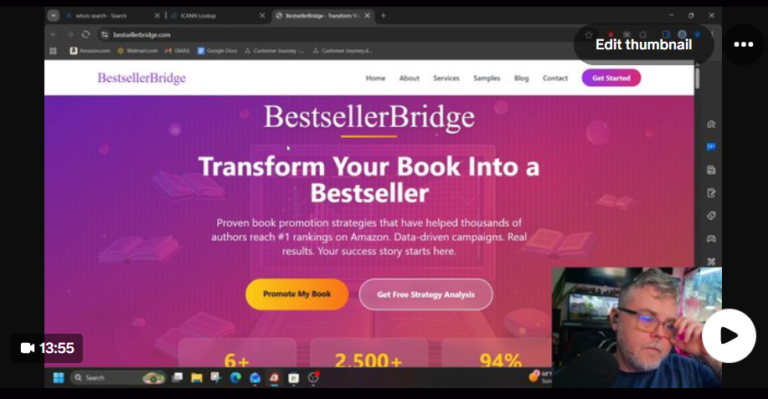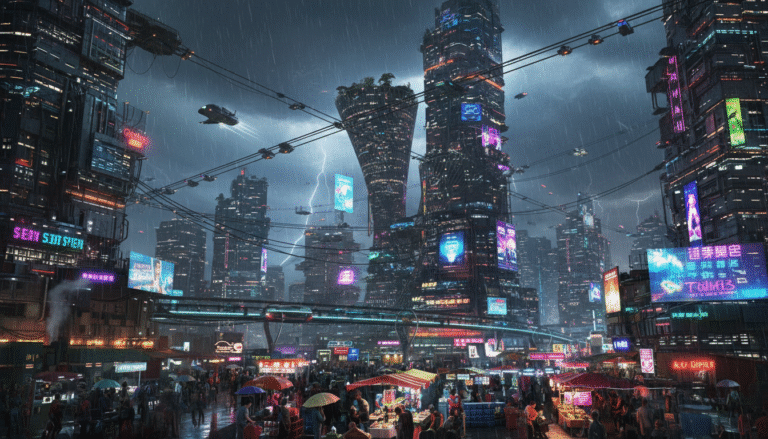My Path Into Fiction (or “I’ve Failed, Now What?”)
Almost twenty years ago, I heard about an obscure thing called “NaNoWriMo”. At the time, I was working as a sushi chef (no, seriously) and hadn’t written a word in years.
For whatever reason, I decided to participate in the one-month novel writing challenge. All through November, I would sit in Starbucks after work, and write for several hours. I was an instant cliche.
I produced my first-ever novel that month. It was a weird superhero story that, if anyone read it today, would look like it was ripping off “The Boys”. It was a strange choice for me, considering I’ve never been into superheroes, but the inspiration came from an old MMO game called “City of Heroes” that had been defunct for quite some time.
It met the word count requirement, and I got the NaNoWriMo shirt, but I never did anything with the manuscript. I can tell you this much — it was probably an unreadable mess. First novels usually are.
Fast-forward a few years, and I was developing an interest in filmmaking that stemmed from my — again weird — desire to try acting. I auditioned for a few indie/student films, a couple of commercials, and one or two studio productions. The highlight of all that was the opportunity to be in a student film called Tysis which actually had a decent budget. We filmed it on a WWII-era ship and everything.
Pretty awesome, but I learned that acting was probably not my passion — something that an introvert who doesn’t even like having their picture taken shouldn’t need to figure out, but whatever.
In doing all that, I saw a lot of screenplays. It made me want to try my hand at writing them, and I entered a few (tiny) screenwriting contests. For all I know, these contests were so small, I was the only one who entered them. But one of my short screenplays, The Boiler, won. It was enough to give me a little writing confidence.
Some months later, I moved to another town and got a job at one of the Books-A-Million stores. (Yeah, not only did they have two BAMs, but a gigantic B&N, and many mom-and-pop bookstores. Too bad that era had to come to an end.)
While working there, I noticed a pretty large group meeting once a week in the cafe. After finding out it was a writing group, I asked to join — largely because I had just moved to town, and had nothing else to do.
Since I needed to submit something to be present at a meeting, I rewrote The Boiler as the first chapter of a book. It was pretty well-received, so I got even more confident. I continued participating in that group until I moved back to my hometown the following year.
This move was the major catalyst in my slow-burning plans to become an author.
You see, when I moved back, I was able to transfer to my hometown’s BAM. And that store happened to be staffed entirely by people who were already my friends, and most of them had an interest in writing.
So we not only joined a couple of local writing groups, we started our own. We motivated each other, critiqued each other, and held each other accountable for writing. During that time, I produced dozens of short stories, and a novella titled “Sol Invictus”.
“Sol Invictus”, inspired heavily by Neil Gaiman’s “American Gods”, became my first self-publishing learning experience. I worked for minimum wage, so I didn’t have money to invest. I did the cover, formatting, editing all on my own. (Which, really, means it wasn’t edited.)
And I sold a few copies. I even printed a dozen or so to do a local book signing at a car dealership. You heard me. (The location isn’t even the funniest part of that story. If we ever talk, remind me to tell you about it.)
It was fun, and I learned a lot. More importantly, it inspired me to go bigger. I became obsessed with producing a novel, and I committed myself to turning The Boiler, a single chapter of a book that was never meant to exist, into a 300-page novel.
I hit my goal in a little over a month by spending six hours a day glued to a netbook. Nine hours on my days off. Yes, I am almost dangerously obsessive, but it can come in handy.
So, there you have it. I had a novel, and I thought it was pretty good. I should have been famous already, right?
Nah. I also had some big challenges. The first being that I still worked for minimum wage and had no money. The second was that the self-publishing landscape was nothing like it is now.
You see, all this happened before Hugh Howey somehow became a breakaway Amazon golden child. Indie publishing was just coming into its own, and we didn’t have all the awesome SaaS tools and marketing help that we have now.
On top of that, it wasn’t cool to be indie published. There was still that stigma attached to it. We all wanted to get agents and have Tor kick down our doors, drooling over our amazing manuscripts.
So, I submitted The Boiler to a publisher. (It was over ten years ago, so I don’t remember who. Some fantasy publisher, for sure.) I actually got a callback on my submission, and nearly crapped my pants.
I got on the phone with three people from this publishing house, and they proceeded to tell me what they liked about my book. (I still brag about the fact that they wanted to know who my female co-author was, because there was no way I wrote such realistic female characters.)
Then everything went downhill. They asked me about my readership. They wanted to know how many followers I had on social media, and what kind of promotion I was doing.
I told them the truth. I had no readership, and I wasn’t doing any promotion. That’s why I wanted a publisher.
Well, they told me to pound sand. I learned a hard lesson on that call, and it really dissuaded me from wanting to be an author. I didn’t know anything about marketing. I’ve always hated social media, and I still do. I think it’s societal cancer, and a massive waste of time.
(NOTE: I will engage with my readers if they email me. I love doing that. But I haven’t been on Facebook, Twitter, or Instagram in over two years, and I will not be going back. If you haven’t tried distancing yourself from social media, I recommend giving it a try. It’s like getting your life, time, and mind back from an impound lot.)
I gave up on being an author, but I knew I had some measure of writing skill. Since I had already been making side money as a freelancer, I decided to throw my lot in with a different kind of writing career. I went back to school, where I studied marketing, web design, graphic design, and communication.
Right after graduation, I landed a job at a marketing agency. That eventually led me to forming my own agency, as well as continuing my freelance work in SEO and copywriting. This continued for the last seven years or so — and it’s still my job today.
The big shift in thinking came about a year ago. I’d been wearing thin on marketing for some time, and was dabbling with creative writing on the side. One day, something in my brain clicked, and I just said, “I tried too early. Things are different now. Maybe now is the time.”
I began reading up on the current indie publishing industry. I absorbed everything I could find on self-publishing, ebook marketing, and the publishing industry. Eventually, I sat down and cranked out the first few chapters of a novel. Having learned that you now could hire beta readers on the cheap, I sent those 12,000 words to a few of them and crossed my fingers.
When the reports came back, I knew I was onto something. You see, my storytelling skills needed to be seriously refreshed, but a decade of freelance writing had made me pretty damn good at putting words on a page.
That gave me hope. I was a far better writer than I’d been on my first go around, and I had just spent ten years in the marketing business. It was almost like I had subconsciously pursued my dreams of becoming an author for a decade, and my brain was now explaining it to me.
It also meant I had no more excuses.
This brings us to the present day, roughly. In the next installment of this series, I’m going to go into full detail about the practical side of what I’ve learned, what I’m doing, and what I think is working.
Part Two will cover:
- What I learned by hiring two successful indie authors as consultants
- What tools I’ve invested in (so far) and whether or not they’re useful
- How I approached this as a business from day one (without compromising my creativity)
- The team I’ve built to help me with publishing
- The workflow I’ve come up with, which will allow me to publish a novel every 2-3 months (and faster, once I’m doing this full time)
Until then, thanks for reading!



